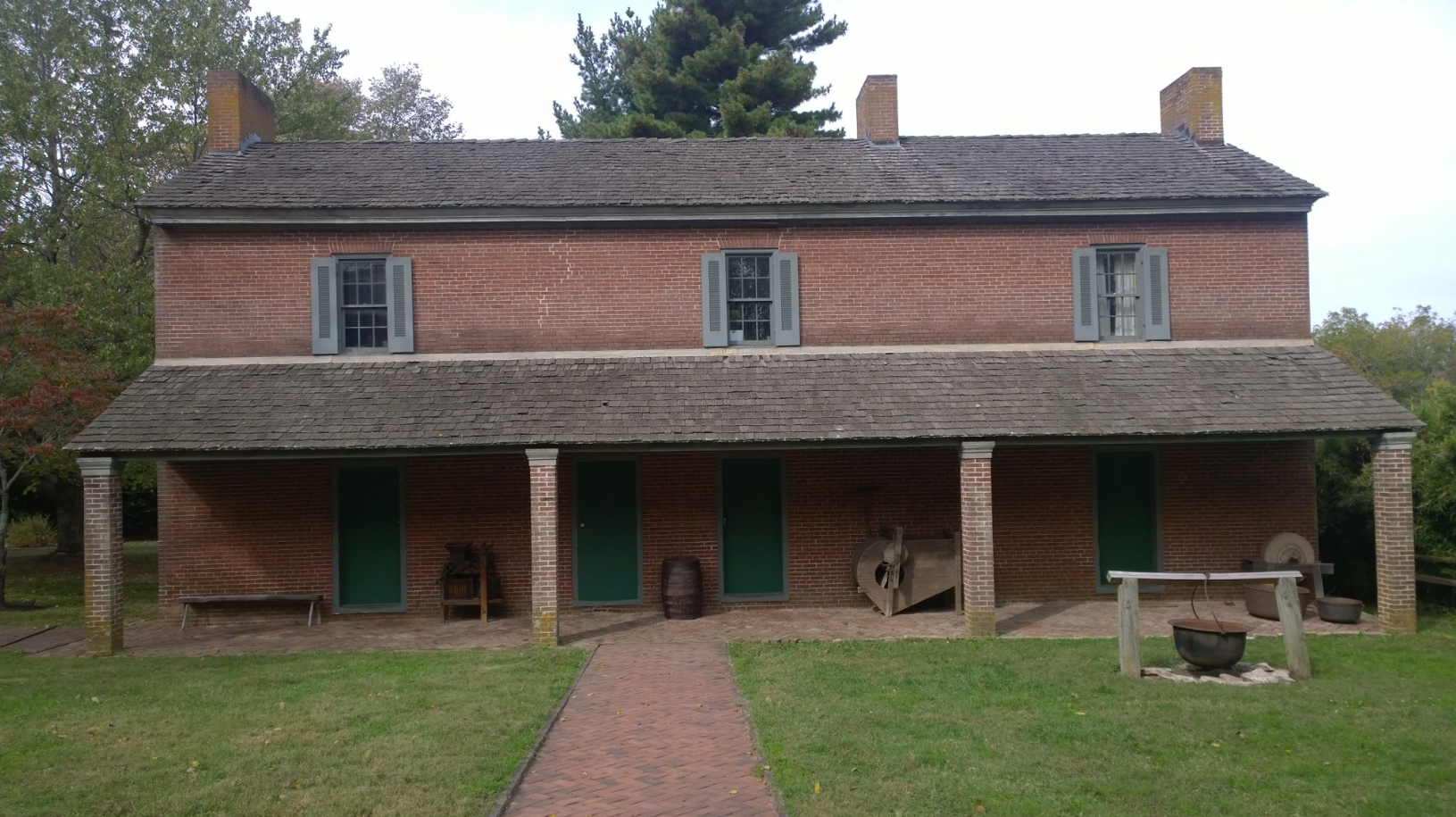Hemp and Slavery in Kentucky
The history of enslaved people in Kentucky dates back to the earliest explorers of the Kaintuckee territory. Slavery was the law in the English colonies and enslaved people were part of many scouting parties. Enslaved people were also a part of the earliest settlement expeditions into the territory in 1774-75.
Slavery was the hotly debated but unresolved issue following the American Revolution. Approximately 5,000 people of African descent filled the ranks of the revolutionaries and some delegates argued this service to the cause of liberty warranted the end of slavery in the new nation. This was staunchly opposed by many of the colonies. As a result the plight of enslaved people was a moral dilemma the founding fathers elected to punt to future generations.
Kentucky, originally a territory of the pro-slavery state Virginia, joined the Union in 1792 as the 15th state. At the time slavery was encoded in the state constitution. This position was reinforced and a direct connection to the state's hemp industry established in 1850 during the the convention to write and approve the state's 3rd constitution when delegate William Christian Bullet, a hemp plantation owner, declared, "The free states do not, and will not raise hemp and tobacco. Kentucky and Missouri have a monopoly on this great article, hemp. This, as long as slavery remains, must be the case...Take away slaves, and you destroy production of this valuable article, which is bound to make the rich lands of Kentucky and Missouri still more valuable"
Hemp agriculture was back breaking work. There are numerous examples in Kentucky history of the connection between exploitation and profits. An editorial in the December 6, 1797 Kentucky Gazette promotes establishing a hemp manufactory in Lexington where the author states "In coarse manufactures, particularly of hemp, the greater part if not the whole of it, may be done by slaves." The author goes on to describe a quota system that pays a daily piece wage for exceeding the quota, offering the slave a chance to "enable him to purchase his freedom."
The transition from slavery to share cropping seems to have occurred with relatively little disruption to Kentucky's hemp industry. The binder twine boom of the late 1800s helping to ease the transition by supporting strong prices for hemp fiber and cordage. Read more in "Tales from the Kentucky Hemp Highway"



